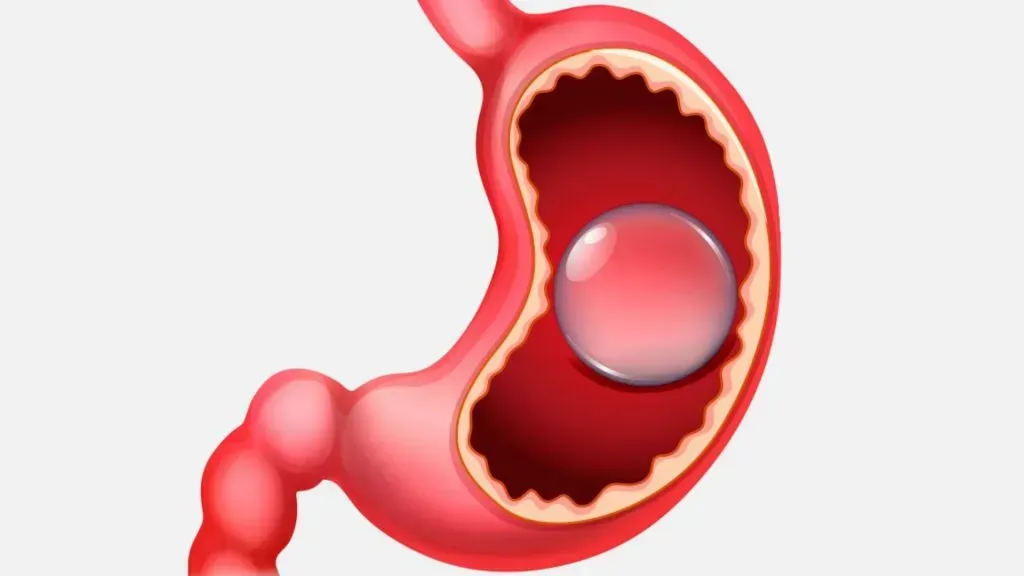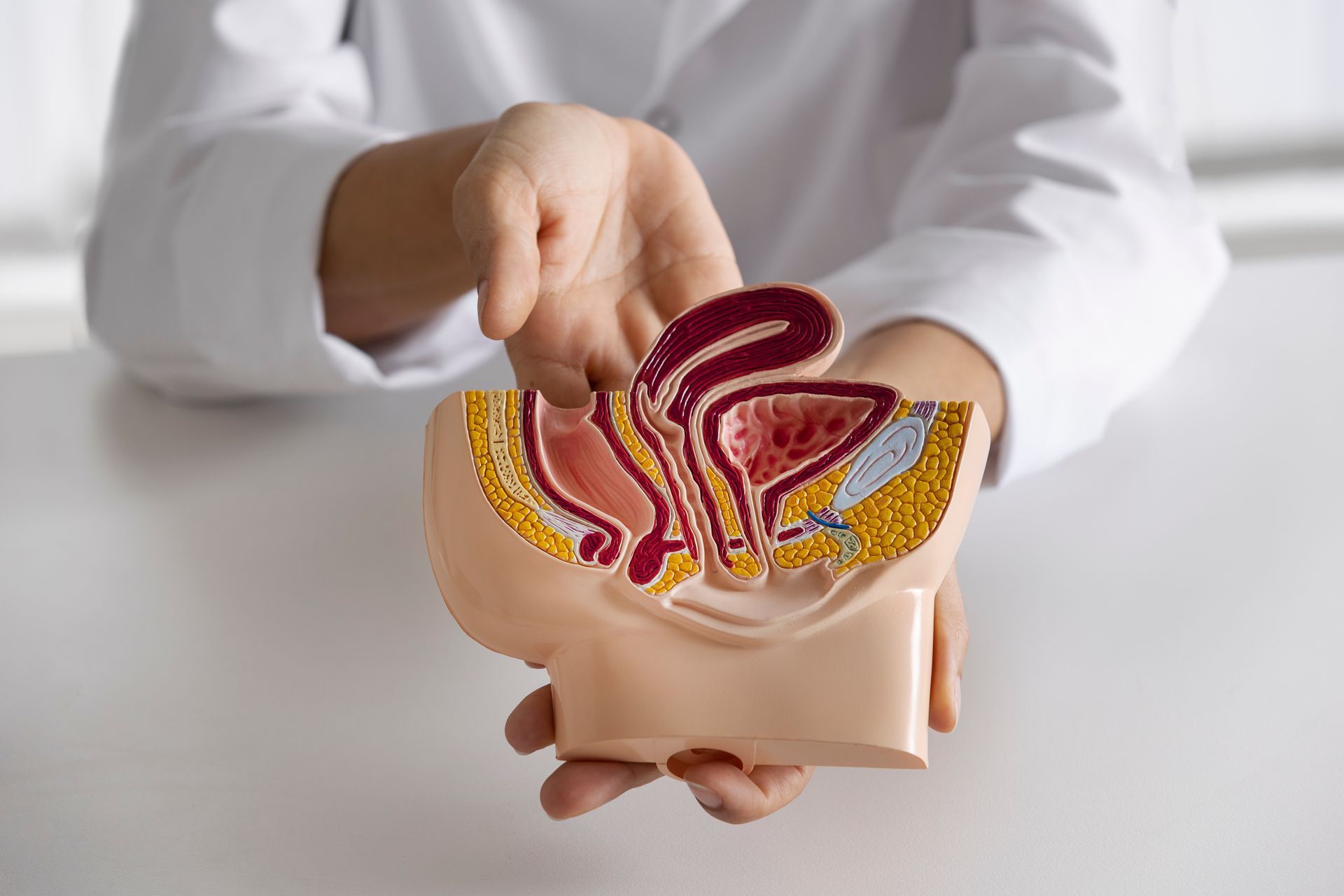What is a Gastroenterologist and How to Find One Near You?

A Gastroenterologist is a physician with dedicated training management of diseases of the gastrointestinal tract and liver.
What is Gastroenterology?
Gastroenterology is the study of the normal function and diseases of the esophagus, stomach, small intestine, colon and rectum, pancreas, gallbladder, bile ducts and liver. It involves a detailed understanding of the normal action (physiology) of the gastrointestinal organs including the movement of material through the stomach and intestine (motility), the digestion and absorption of nutrients into the body, removal of waste from the system, and the function of the liver as a digestive organ. It includes common and important gastroenterology conditions such as colon polyps and cancer, hepatitis, gastroesophageal reflux (heartburn), peptic ulcer disease, colitis, gallbladder and biliary tract disease, nutritional problems, Irritable Bowel Syndrome (IBS), and pancreatitis. In essence, all normal activity and disease of the digestive organs is part of the study of Gastroenterology.
Training
A Gastroenterologist must first complete a three-year Internal Medicine residency and is then eligible for additional specialized training (fellowship) in Gastroenterology. This fellowship is generally 2-3 years long so by the time Gastroenterologists have completed their training, they have had 5-6 years of additional specialized education following medical school.
Gastroenterology fellowship training is an intense, rigorous program where future Gastroenterologists learn directly from nationally recognized experts in the field and develop a detailed understanding of gastrointestinal diseases. They learn how to evaluate patients with gastrointestinal complaints, treat a broad range of conditions, and provide recommendations to maintain health and prevent disease. They learn to care for patients in the office as well as in the hospital.
Gastroenterologists also receive dedicated training in endoscopic services (upper endoscopy, sigmoidoscopy, and colonoscopy) by expert instructors. Endoscopy is the use of narrow, flexible lighted tubes with built-in video cameras, to visualize the inside of the intestinal tract. This specialized training includes detailed and intensive study of how and when to perform endoscopy, optimal methods to complete these tests safely and effectively, and the use of sedating medications to ensure the comfort and safety of patients. Gastroenterology trainees also learn how to perform advanced endoscopic procedures such as polypectomy (removal of colon polyps), esophageal and intestinal dilation (stretching of narrowed areas), and hemostasis (injection or cautery to stop bleeding). Importantly, Gastroenterologists learn how to properly interpret the findings and biopsy results of these studies in order to make appropriate recommendations to treat conditions and/or prevent cancer. Some Gastroenterologists also receive directed training in advanced procedures using endoscopes such as endoscopic biliary examination (endoscopic retrograde cholangiopancreatography or ERCP), removal of tumors without surgery (endoscopic mucosal resection or EMR), placement of internal drainage tubes (stents) and endoscopic ultrasound (EUS). This provides them with the training necessary to non-surgically remove stones in the bile ducts, evaluate and treat tumors of the gastrointestinal tract and liver, and provide minimally invasive alternatives to surgery for some patients.
The most critical emphasis during the training period is attention to detail and incorporation of their comprehensive knowledge of the entire gastrointestinal tract to provide the highest quality endoscopy and consultative services. The final product is a highly trained specialist with a unique combination of broad scientific knowledge, general Internal Medicine training, superior endoscopic skills and experience, and the ability to integrate these elements to provide optimal health care for patients.
This advanced fellowship training is overseen by national societies committed to ensuring high quality and uniform education. These groups include the American Board of Internal Medicine, the American College of Gastroenterology, the American Gastroenterological Association, and the American Society for Gastrointestinal Endoscopy. These groups carefully scrutinize the educational experience of each program to ensure that every Gastroenterology trainee receives the highest quality training. Once fellows successfully complete their training they are considered “Board Eligible.” They are then qualified to take the Gastroenterology board certification test administered by the American Board of Internal Medicine. Once they have successfully completed this examination they are “Board Certified.”
What makes Gastroenterologists different?
The unique training that Gastroenterologists complete provides them with the ability to provide high quality, comprehensive care for patients with a wide variety of gastrointestinal ailments. Gastroenterologists perform the bulk of research involving gastrointestinal endoscopic procedures as well as the interpretation of results, and are considered experts in the field. Studies have shown that Gastroenterologists perform higher quality colonoscopy examinations and comprehensive consultative services when compared to other physicians. This translates into more accurate detection of polyps and cancer by colonoscopy when performed by Gastroenterologists, fewer complications from procedures and fewer days in the hospital for many gastrointestinal conditions managed by trained gastroenterology specialists. It is this ability to provide more complete, accurate, and thorough care for patients with gastrointestinal conditions, which distinguishes Gastroenterologists from other physicians that provide some similar services.
How do I find a gastroenterologist near me ? Contact us to find out!
Read More About How a Gastroenterologist Can Help
Gastroenterologist near me
How to Prep for a Colonoscopy
Fight the fatty liver with a gastroenterologist
How do you know when to see a gastroenterologist?
What is Hiatal Hernia?
Colon Cancer Q&A with a Gastroenterologist
What is a GERD and When Should You See a Gastroenterologist?
When to See a Gastroenterologist for an Anal Fissure
The post What is a Gastroenterologist and How to Find One Near You? appeared first on Gastro SB.










